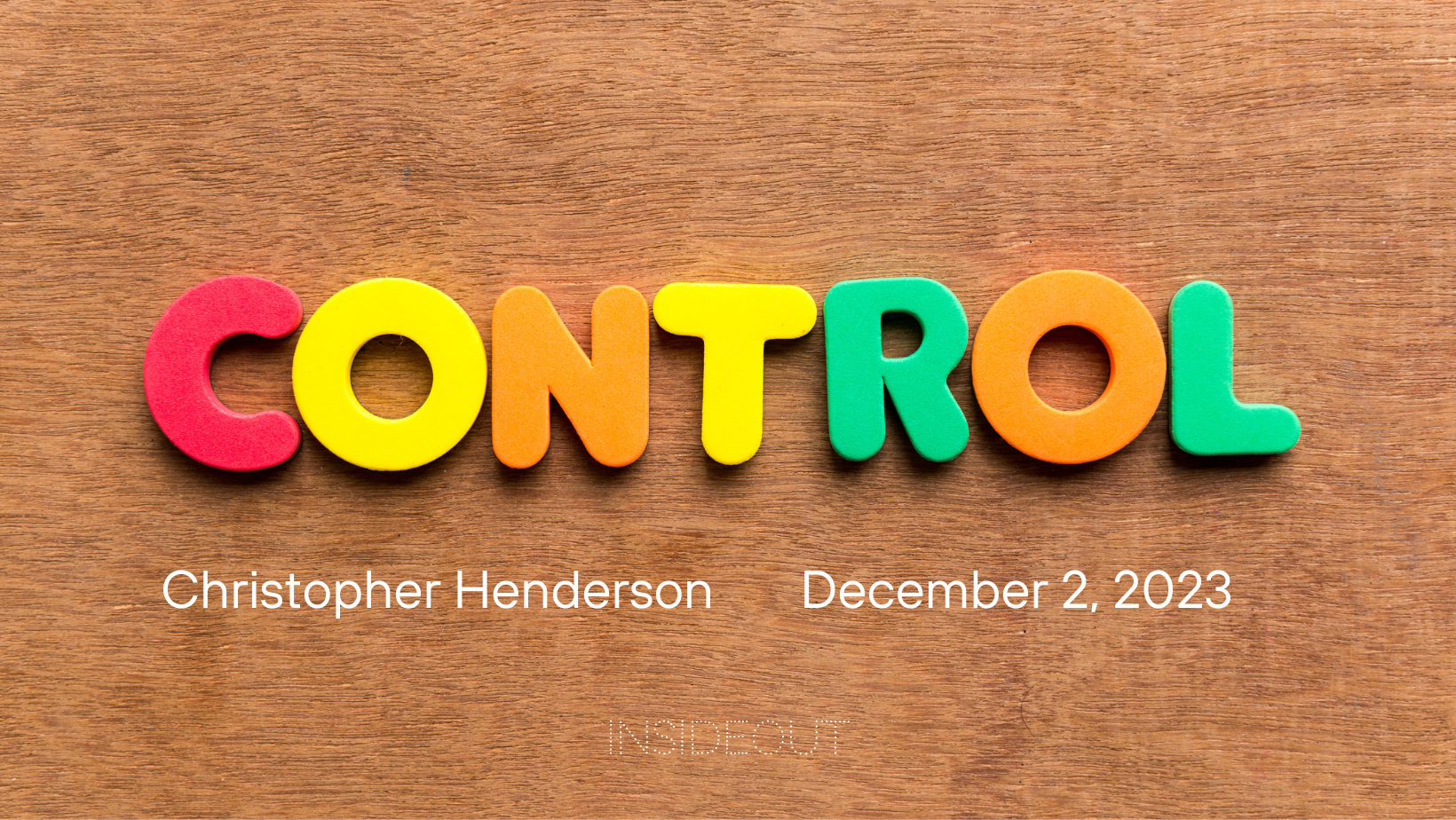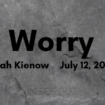Control

As a child, I grew up with firearms in the house. Proper safety practices were taught passionately. The dangers, joys, and benefits of firing a gun were explained often. One day, while spending time at my uncle’s house, my dad asked me if I wanted to fire the 12 gauge shotgun. At twelve years old, I was finally mature enough to handle something bigger than a Red Rider BB gun or a .22 long rifle. As I took the gun from my dad’s hold, he explained that it had “a little kick” (an understatement, to be sure). The sequence of events that followed is worthy of an America’s Funniest Home Video championship.
I was not prepared for the violence that followed the trigger pull.
Perched atop a small knoll, I leaned against a tall pine tree, shouldered the shotgun, and took aim at the poor, unassuming target downrange. My heart pounded as I readied myself for the best possible scenario. I would pull the trigger, hit the target, and become a man. Instead, when I pulled the trigger, the force of the shotgun blasted me backward. All 100 pounds of my frame absorbed the “little kick”, which felt more like a mule, and catapulted me off the knoll and onto my backside.
As the ringing in my ears quieted, I could hear the roar of laughter at my attempt.
Technology had owned me.
Two things contributed to my downfall that day:
- I was overconfident in my ability to handle the situation alone.
- I had knowledge, but I did not have experience.
This harmless, albeit mildly embarrassing illustration provides a framework of prevention for not becoming owned by technology and material things in our daily dealings today. Dr. Seligman observes that technology “Promises more than [it] deliver[s]. Rather than allowing us to get to the substance of life in a more efficient way, they have become the substance itself, crowding other matters…out of the scene.” It is not a benefit to young people if they avoid stepping back and examining the role of technology in their lives.
The same three contributors to my being owned by technology in the story contribute to young people being owned by technology today.
Overconfidence
I stood proudly on top of that little hill for all to see, only for all to see my fall. An accurate picture of Proverbs 16:18, “Pride goeth before destruction, and a haughty spirit before a fall.” What would have prevented my fall? A better-suited location? Sure. Someone who stood behind me and could absorb the kickback? Absolutely. But so would have some forethought on my part. A healthy sense of caution would have helped, too.
Cyberpsychologist Dr. Mary Aiken argues that “Cyberspace is a distinct location.” We may access it from various places of familiarity, but we are traveling someplace when we are online. This knowledge changes our interactions with the environment. While we may be comfortable in our homes, there are locations that do not breed a sense of ease. We cannot afford to be overconfident in unfamiliar territory.
My overconfident state of mind resulted from not consulting people with more experience. Thankfully, young people today can learn from my overconfidence. God has provided key people in each life to stand behind you and absorb the blast, even in the middle of a digital revolution. Parents. Teachers. Mentors. Pastors. Each of these people plays a crucial role in success. Overconfidence gives way to the greatest lie of history, “that we can do it alone.” Inviting these God-given roles unfettered access to shape your technological use will prevent overconfidence and aid young people in developing a sense of caution and forethought where digital spaces are concerned.
Knowledge without experience
In the same way, I was familiar with firearms, we are constantly around digital technology. Those things become comfortable for us when we are continually around ideas, situations, and people. Psychologists called it the “mere exposure effect” or the “familiarity effect.” I was familiar with and thus comfortable around the shotgun in the short opening story. However, mere familiarity did not prepare me for the effects of pulling the trigger.
Today, we are constantly around digital technology, and due to the sheer volume of repeated contact with the technology, we feel comfortable around it. This danger of comfort when dealing with a device more deadly than a firearm is something that we should not ignore. The harsh reality is that most young people are more familiar and capable in the digital world than their older counterparts. Ability, however, does not equate to wisdom. Nor does inability equate to ignorance. Together is the only way forward; the knowledge of age and the capability of youth must work together for the betterment of all.
The Challenge
My challenge is simple. Start a conversation with a trusted adult. Ask them, “Will you join me in prayer about putting technology in its rightful place in my life?” Then, listen to what they say about your relationship with technology.







